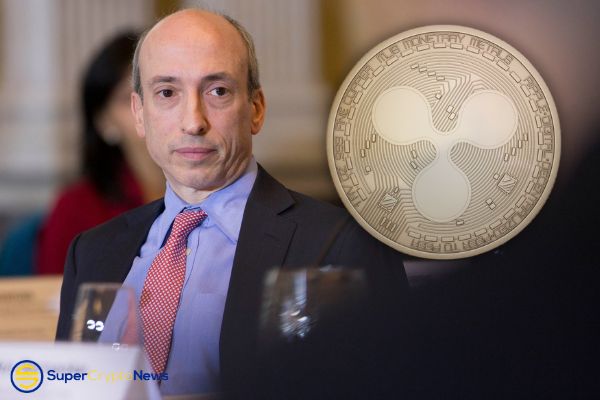
- Given how cryptocurrencies have had an abysmal start to the year, you’d think that regulators would lean back on their well-appointed leatherbound chairs and kick the crypto regulation bucket down the road.
- Cryptocurrency industry participants railed against the prospect of being regulated like traditional securities, which would put them at the mercy of gatekeepers on Wall Street with the wherewithal to properly police and package offerings.
If 2021 was the year of cryptocurrency adoption (debatable), then 2022 could be the year of cryptocurrency regulation.
Given how cryptocurrencies have had an abysmal start to the year, you’d think that regulators would lean back on their well-appointed leatherbound chairs and kick the crypto regulation bucket down the road.
But as any seasoned crypto trader will tell you, 24 hours is an eternity in the crypto markets and regulators aren’t waiting for the next bull cycle to scramble to either get a piece of the action or stake (no pun intended) a portion of the regulatory landscape.
Of the several market watchdogs in the U.S., the Securities and Exchange Commission appears poised to strike first, with Chairman Gary Gensler declaring yesterday that he’s hopeful trading platforms will take steps in the coming months to be more directly regulated by Washington.
Gensler can rely on a lot more than hope though.
As cryptocurrencies grow increasingly mainstream and institutional investors wade into the waters, the additional regulatory scrutiny is crucial for greater participation, so that investors receive the same protections that are typical for other assets.
At a virtual press conference, Gensler said,
“I’ve asked staff to look at every way to get these platforms inside the investor protection remit. If the trading platforms don’t come into the regulated space, it’d be another year of the public being vulnerable.”
Last year Gensler rattled the crypto industry by arguing that tokens were akin to securities and ought to be subject to the SEC’s tough rules.
Cryptocurrency industry participants railed against the prospect of being regulated like traditional securities, which would put them at the mercy of gatekeepers on Wall Street with the wherewithal to properly police and package offerings.
If the purpose of cryptocurrencies was to provide a frictionless means to transact value or manage software, then the idea of having trusted third parties undermines their entire value proposition.
Nevertheless, a middle ground may be possible.
Of all the different financial watchdogs in Washington, Gensler may be the best equipped to find some sort of hybrid approach that embraces innovation without exposing investors to inordinate amounts of risk.
Prior to his current appointment, Gensler taught blockchain technology at the MIT Sloan School of Management and he understands the technological potential underpinning cryptocurrencies.
Crypto proponents can also recognize that for greater mainstream adoption, at least some degree of protection is necessary, especially given the abundance of scams, manipulation and other fraudulent behavior that have come to be accepted as the inherent risks of dealing in the opportunities provided by the nascent digital asset class.



